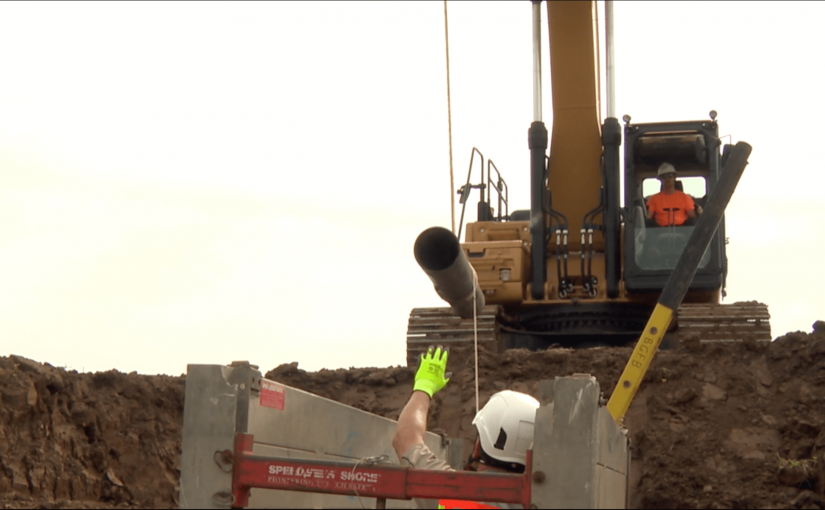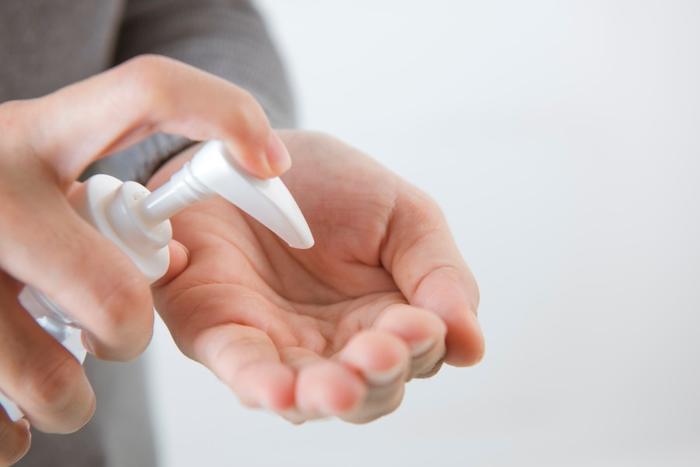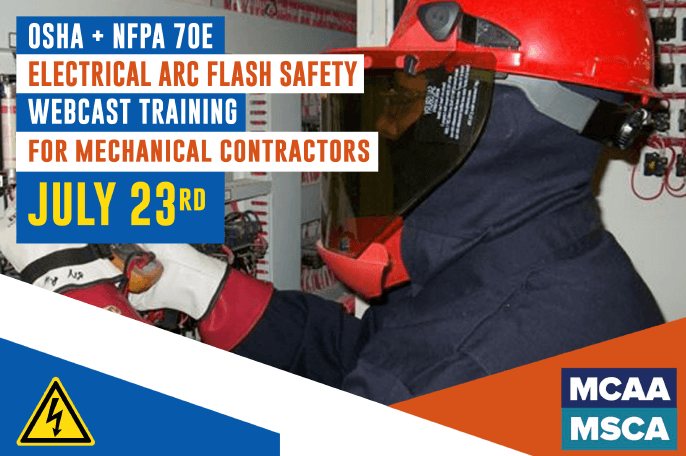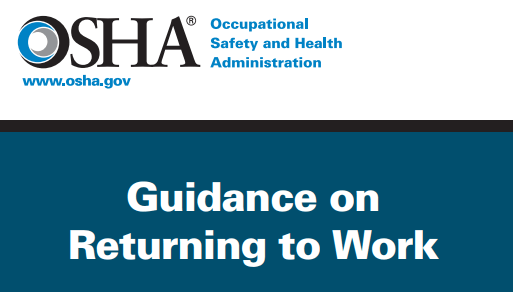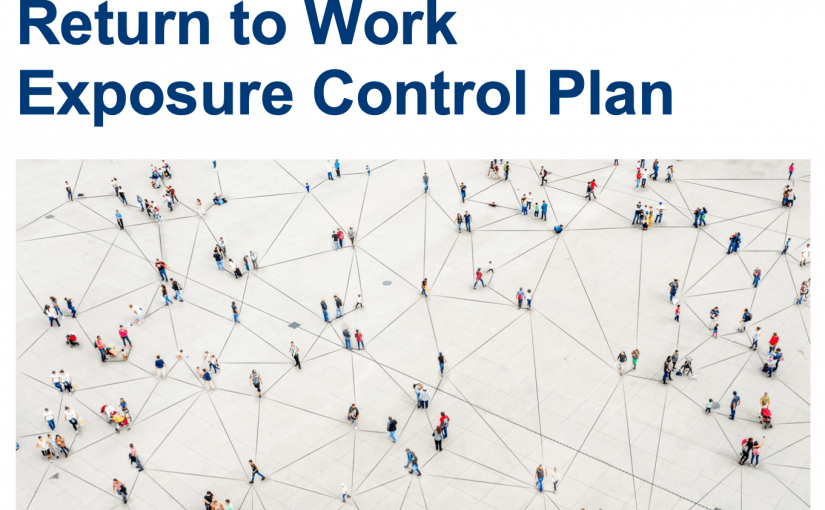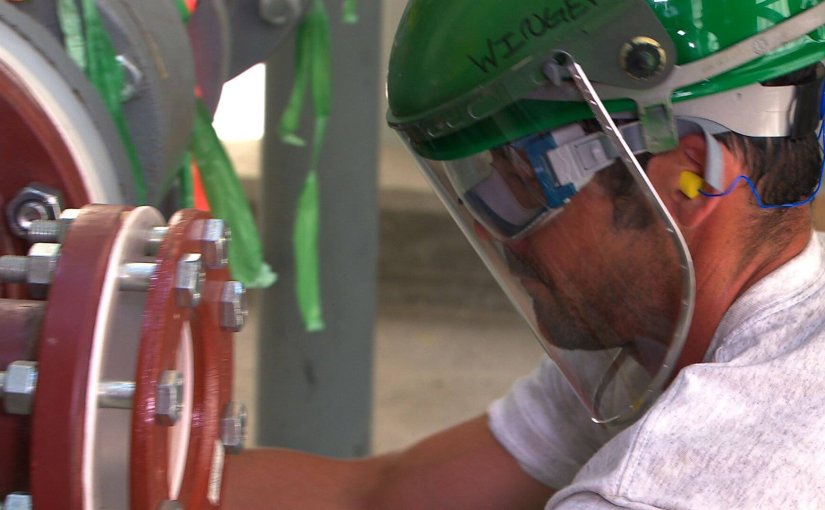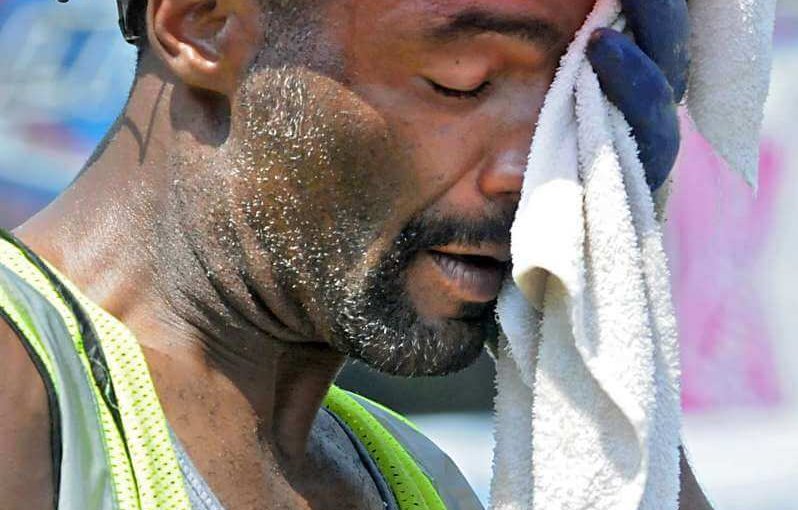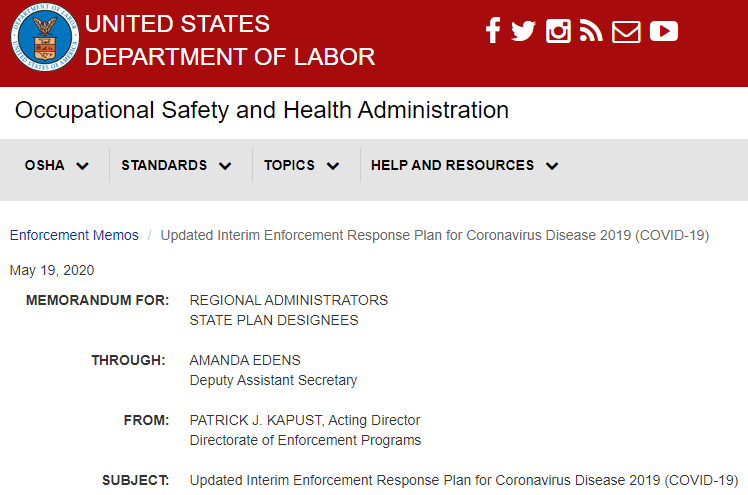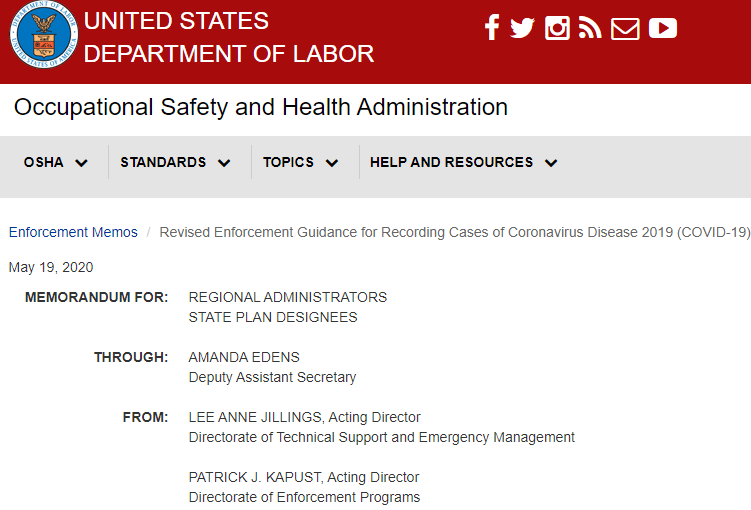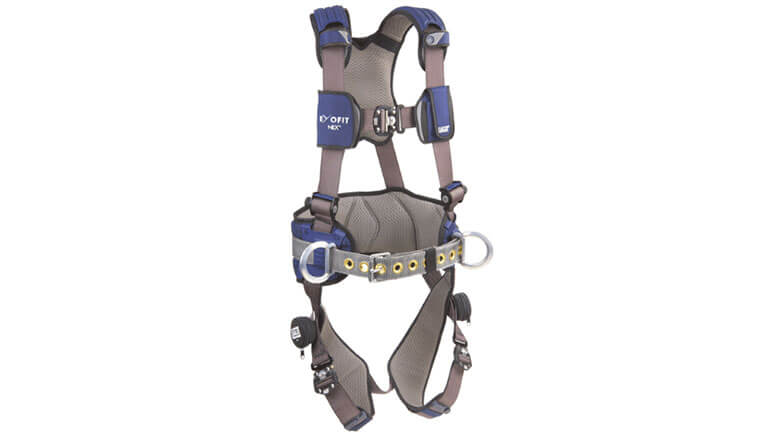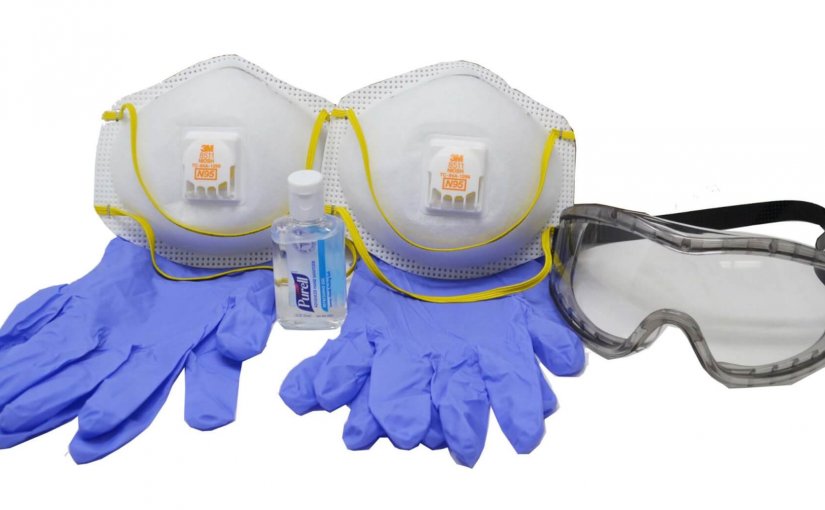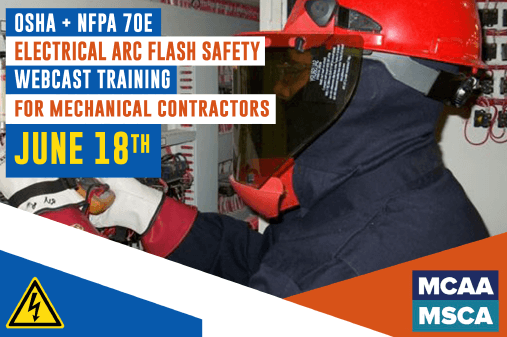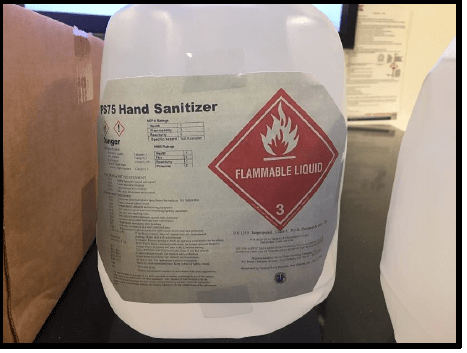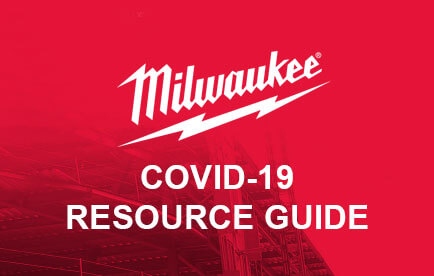COVID-19 Temperature & Symptoms Screening Toolkit
In the United States, temperature and other symptom checks would normally constitute an overly broad medical exam under the Americans with Disabilities Act, as well as various state non-discrimination laws. However, in light of the COVID-19 pandemic, with CDC and other guidance, the EEOC has provided guidance permitting employers to measure employees’ body temperature and to ask about other COVID-19 symptoms. Employers that choose to measure employee body temperatures and monitor for other symptoms should:
- Establish a consistent process for conducting such screening and excluding symptomatic individuals to promote workplace safety;
- Adopt measures to mitigate the risk of claims under laws related to discrimination, wage payment, leaves of absence or medical privacy; and
- Be mindful of employee relations considerations.
The Temperature and Symptom Screening Toolkit, which was prepared by Littler Mendelson, P.C., is intended to assist employers to achieve these objectives.

